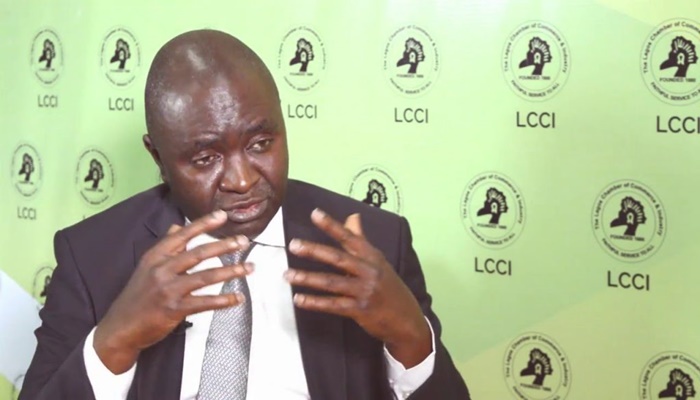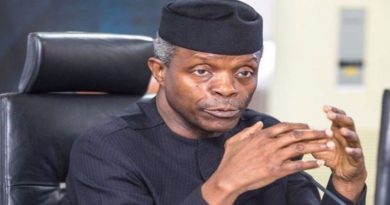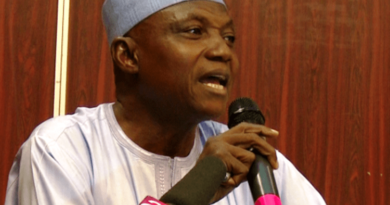COVID-19: LCCI calls for review of govt expenditure
The Lagos Chamber of Commerce and Industry (LCCI) has called for a critical review of spending structure of government and the cost of governance in view of the nation’s declining revenue due to COVID-19 pandemic.
Its Director-General, Dr Muda Yusuf, made this known in a statement made available to newsmen in Lagos on Wednesday.
Yusuf said that the outbreak of the Coronavirus which posed major threat to the nation’s macroeconomic fundamentals had profound implications on the Nigerian economy which was systemic and far-reaching.
According to him, the looming price war triggered by Saudi Arabia – the largest crude oil exporter, portends more ominous signs for the Nigerian economy.
He explained that a drastic reduction in the revenue of government was inevitable in the face of the current scenario of tumbling oil price.
“As at Tuesday 17th March 2020, crude oil price had fallen below $30 per barrel and the oil price budget benchmark for 2020 budget was $57 per barrel.
“This sharp drop in revenue would cause significant dislocations in the 2020 budget and in the economy, especially for a country already grappling with challenges of weak revenue performance and a complete erosion of fiscal buffers,” he said.
The director-general said it was instructive that government had taken steps to review the underlying assumptions and the content of the 2020 budget.
According to him, budget implementation will be constrained, infrastructure financing will be affected, borrowing may increase and the capacity to fund capital project will be severely constricted.
“With this scenario, the outlook for oil-dependent economies look rather gloomy,” Yusuf said.
He urged the government to look in the direction of equity financing, against the option of tax credit in its quest for complimentary funding sources for infrastructure.
“Also, public-private partnership and dialogue should be deepened to harness quality ideas on how to manage this rather scary situation,” he said.
Yusuf said it was also important not to respond to the situation in panic mode to avoid a disproportionate response which he explained could cause more harm to the economy. (NAN)




